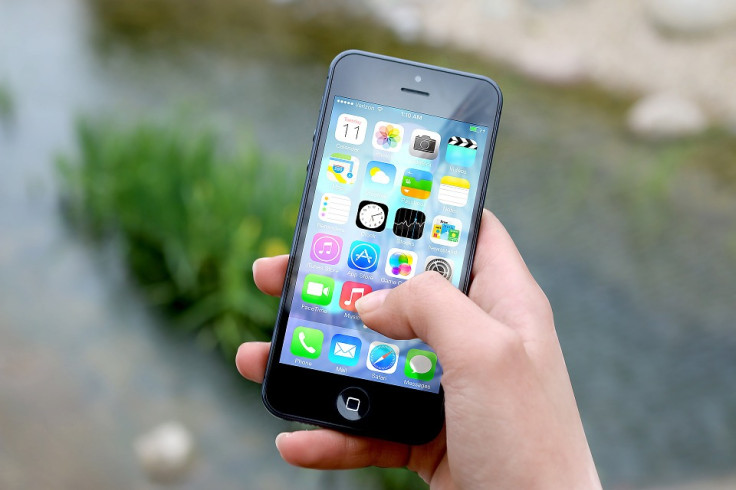Stop clicking! Too much smartphone use can make you more impulsive, study says
Those who spend more time on their smartphones have a higher tendency to reject larger or delayed rewards in favor of immediate rewards.
Smartphones have become an integral part of life that one may not be able to properly carry out the tasks for the day if the phone was forgotten at home. However, a recent study may make users hold off in terms of smartphone usage. Apparently, too much use may make you more impulsive.
A study titled "Likes and impulsivity: Investigating the relationship between actual smartphone use and delay discounting," published in the journal PLOS ONE on Wednesday, revealed that the use of smartphones can bring about an impulsive behaviour among users. Those who spend more time on their smartphones have a higher tendency to reject larger or delayed rewards in favour of immediate rewards, even if the latter tend to be smaller.
Delay discounting, which is a term that describes behaviour that shows a preference for smaller immediate rewards, is an indicator for negative behaviour, researchers noted. Some of the behaviours associated with it include alcohol abuse, excessive gambling, and drug addiction. For those who may not be into such vices, the consequence could be impulsivity, as the recent research from Freie Universitat in Berlin noted.
Schulz van Endert, lead author of the study and doctoral student at Freie Universitat, revealed to CNN that there are at least two factors that affect impulsivity. One is the individual's self-control, or that ability to withstand temptations just so he will be able to achieve his goal. The other factor is the ability to manage the possible outcome of their behaviors.
Van Endert stated that study participants who had lower self-control also used their smartphones more often than those who had better self-control. On the other hand, he also said that although these smartphone users may indicate a lack of self-control they did not lack the ability to see the potentially adverse consequences of their behaviour.
Researchers based the study on data that is built-in on the iPhone app, which tracks phone usage. It provided the exact duration of usage of each app of 101 participants. The researchers noted that the method is more accurate than merely relying on the participants to self-report their phone usage, as they often underestimate the time that they spend on their phones. When scientists compared self-reported usage versus actual usage, they found that 17 percent underestimated their screen time and 71 percent overestimated it.
© Copyright IBTimes 2025. All rights reserved.






















